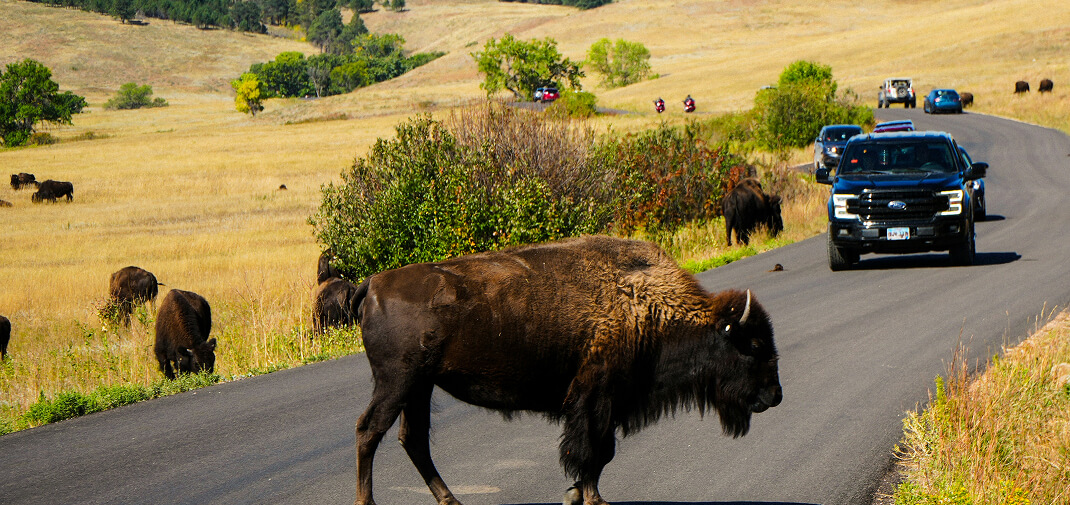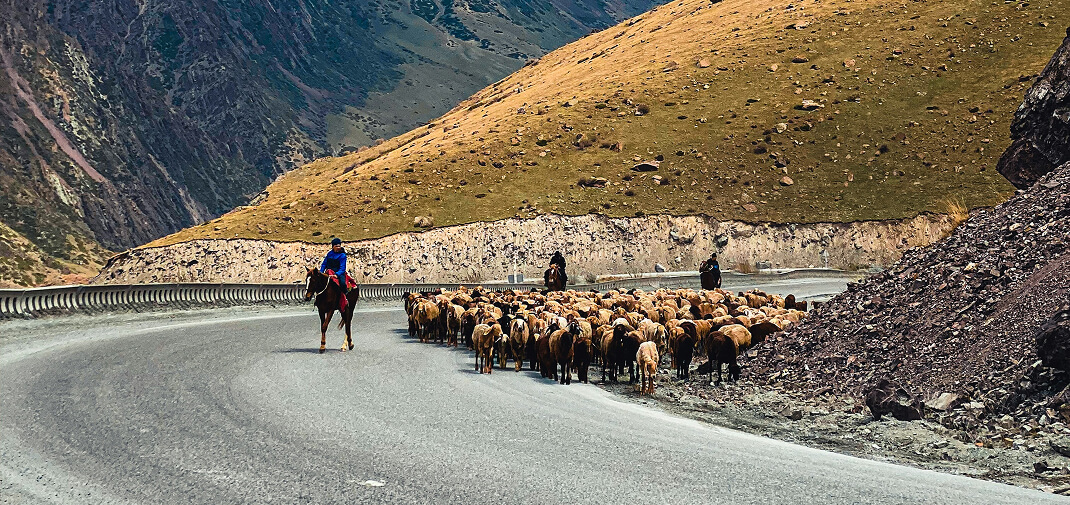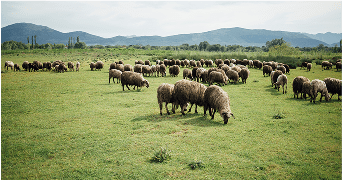
You’re driving on a rural California highway when a large animal—maybe a cow or a horse—suddenly steps into your path. The impact is immediate and terrifying. As you sit in the aftermath, one question may come to mind: Do you call the police or animal control in a livestock accident?
Although the answer depends on the circumstances, in most cases, you should call the police and advise them that you had an accident with livestock. Knowing this and other steps to take after the crash can protect your safety, help preserve evidence, and strengthen any legal or insurance claim you may need to make later.
Start with 911
Safety is your priority in the immediate moments after the accident. If you, your passengers, or anyone else involved is injured, call 911 immediately.
Tell the dispatcher:
- Your exact location;
- That you were in a collision with livestock;
- Whether anyone is injured; and
- If the animal is still alive, on the road, or blocking traffic.
Depending on the situation, emergency services will usually dispatch local law enforcement, medical personnel, and sometimes animal control or the California Highway Patrol (CHP).
Why You Should Call the Police
Even if no one is seriously hurt, you should always report the accident to law enforcement. The police will:
- Create an official accident report,
- Help direct traffic and keep the scene safe,
- Document conditions at the time of the crash, and
- Record statements from witnesses or involved parties.
The police report may later help prove that the animal was loose in the roadway and that you were not entirely at fault. That is especially important if you plan to pursue a personal injury claim or need to prove damage to your vehicle.
Never assume you can skip calling the police because it “wasn’t your fault.” That report could be your strongest piece of evidence for future compensation.
When to Call Animal Control
Animal control plays a critical role in livestock accidents, especially when the animal is still on the scene.
Call animal control if:
- The animal is injured or still alive,
- An animal is blocking traffic,
- You suspect the animal is a danger to other drivers, or
- You need help identifying the animal’s owner.
Animal control officers are trained to handle large animals safely and humanely. They may also document the animal’s condition, attempt to scan for tags or brands, and start the process of locating the owner.
Why It’s Important to Notify Both Agencies
Some drivers only notify animal control or assume emergency responders will handle it all behind the scenes. When calling 911, it’s best to explain that livestock is involved and ask if you need to contact animal control separately.
Here’s why it matters:
- Police create the official report that insurers and lawyers rely on;
- Animal control documents animal ownership and containment issues; and
- Both agencies may take photos, notes, and witness information.
If the animal’s owner failed to maintain fencing or allowed animals to roam unsupervised, those details could make or break your claim. Having both police and animal control involved creates a more complete record of what happened.
What If the Animal Leaves the Scene?
Livestock accidents differ from other car crashes because the “other party” might walk or run away. If the animal flees before help arrives, you should still:
- Take photos of hair, blood, or tracks;
- Capture any damage to nearby fencing;
- Ask any witnesses what they saw; and
- Tell police and animal control exactly where and how the animal entered the road.
Even without the animal present, authorities may still be able to trace ownership through nearby properties or ranches.
What If You Hit a Deer or Wild Animal?
If you hit a deer, coyote, or other wild animal in California, you should still report the accident. However, you generally do not need animal control unless the animal is injured and alive.
These typically fall under “no fault” accidents, meaning your insurance may cover the damage without needing to prove liability. However, it’s still wise to call the police to create a basic accident report. You’ll also want to take photos of the damage and the animal (if it is safe to do so) and report the crash to your insurance company.
What Happens After You Call?
Once authorities are on the scene, they will assess the situation and begin their investigations.
Police may:
- Interview you and other drivers,
- Collect witness information,
- Secure the scene and divert traffic, and
- File a written accident report.
Animal control may:
- Examine the animal for injuries or identification,
- Attempt to find the owner, and
- Issue citations or notices if neglect or poor containment is suspected.
You may not know the outcome of those investigations right away, but calling the police and animal control gives you the best chance at holding the right parties accountable.
Call Silva Injury Law to Get the Answers You Need
Knowing whether to call the police or animal control for a livestock accident is just the first step in protecting yourself after a livestock accident.
At Silva Injury Law, we help people across California’s Central Valley and beyond recover after serious collisions, including those involving cows, horses, or other livestock. Our founder, Michael Joe Silva, spent years as a prosecutor in Merced County. He knows what it takes to build a strong case and fight to protect your rights.
If you were injured in a livestock collision, let us help. Call Silva Injury Law today for a free consultation.

